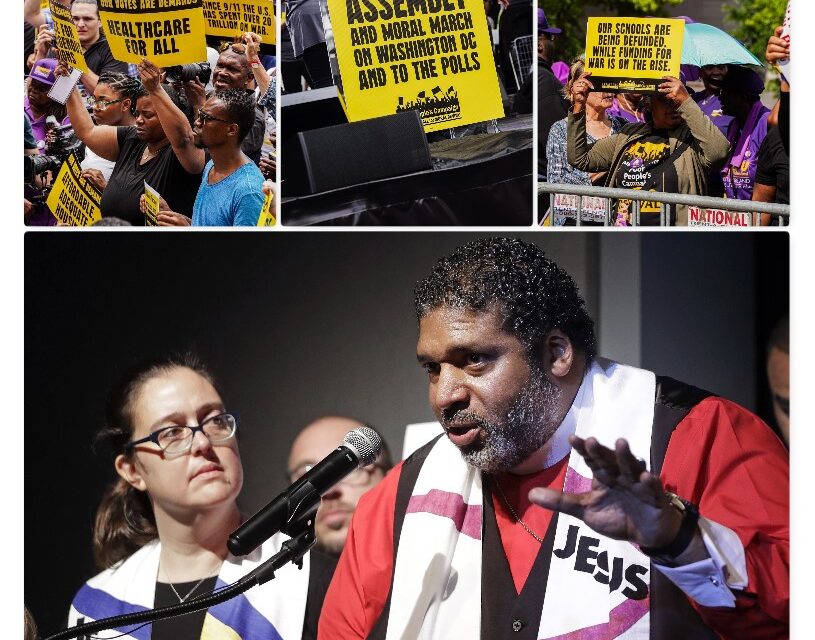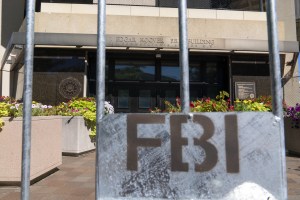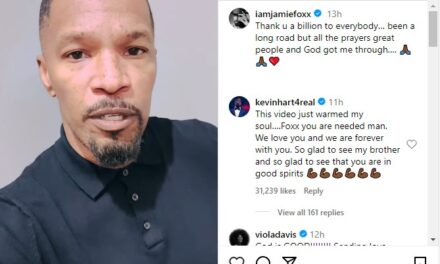By D. Kevin McNeir
Special to the AFRO
When national faith leaders, including Poor People’s Campaign co-chairs, Bishop William J. Barber II and Rev. Dr. Liz Theoharis, held a press conference on June 10 at First Congregational Church Sanctuary in Northwest D.C., their goal was to drum up support for the June 29 “Mass Poor People’s and Low-Wage Workers Assembly and Moral March on Washington, D.C. and to the Polls.”
The vision was realized just days ago, after thousands descended on the capital in support of economic justice and voting rights.
Barber and his colleagues were not disappointed with the level of commitment and passion displayed by those in attendance on Saturday, June 29 – men and women representing their home states that included New Jersey, Alabama, California, New York and more than a dozen others.
Speakers both at the microphone and in the crowd seemed to have one thing in mind: devising and following a strategy that will force America’s political elite to take notice of the needs of the poor.
“Congress can pass legislation providing $20 million for war but cannot pass a budget to house the homeless. We deserve a place to live and we will take our demands to the ballot box this fall,” said Bryant.
One attendee, Patricia Bryant, shared her view in the form of a spoken word manifesto.
“Dearly beloved, 140 million people are gathered here and across the nation to form a more perfect union – that man and women who struggle daily to stay alive yet poverty is the way they die,” she said. “We are strong– not weak. Our votes are our voices. The ballot box should be our choice. We will lift ourselves up from the bottom and rise. And we will demand that America give this land of the free back to the people – to the natives – to the poor.”
Similar to the first Poor People’s Campaign, a two-week initiative that began on Sunday, May 12, 1968, this year’s Campaign and March brought hundreds of activists and concerned citizens back to the National Mall. The first march included powerful sermons, speeches and personal testimonies about the myriads of challenges faced by the poor.
Exactly 56 years later, what began as a labor of love by Coretta Scott King and the Rev. Dr. Ralph Abernathy, following the tragic death of Dr. Martin Luther King Jr. on April 4, continues. However, unlike in 1968, Barber and his colleagues are employing a new strategy that significantly expands the goals of the Poor People’s Campaign.
Armed with a 17-point agenda, Barber said they will call on all candidates running for elected office in the 2024 general election in November to step up and answer the needs of the poor.
“In this time, poor people, low-wage workers, religious leaders and moral advocates are bringing our voices together to tell America that we’re ready for protest and agitation in the street; litigation in the court and legislation in the suite; and we’re bringing our massive swing vote to the ballot box,” Barber said. ”We are not accepting the silence from the media and political establishment that ignores 800 daily deaths of poor and low-wealth people. Together, we will take this nation to higher ground.”
A look at the numbers reveals America’s burgeoning working poor
Barber’s co-chair, the Rev. Dr. Theoharis, emphasized her colleague’s words.
“Poverty is a death sentence in the United States and it doesn’t have to be this way,” said Dr.Theoharis.
According to a 2021 report by the Brooking Institution, the pandemic hurt low-wage workers the most – and so far, the recovery has helped them the least.
The report defined low-wage occupations as those with a media hourly wage no greater than $17.50 per hour. Further, it is estimated that 53 million Americans ages 18 to 64 – 44 percent of all workers – earn low hourly wages. Their median hourly earnings are $10.22 and for those working full time year-round, median annual earnings are about $24,000.
While other Americans are optimistic about life in the “new normal” era of post pandemic life – the U.S. Bureau of Labor Statistics reveals that minimum wage workers have little chance of escaping the throes of poverty – at least not without state- or federal-based programs.
Keith Bullard, deputy director for the Union of Southern Service Workers, said he’s had enough.
“When workers’ rights come under attack, we fight back,” he said. “Workers today are being forced to work in this oppressive heat while we should be protected from it. Because of the negligence of our employers – the big corporations – workers are being denied even the most basic of needs. America’s major corporations make billions of dollars, so they have the money to do what’s right. But we know that the only way they’ll do the right thing for workers is if we are willing to stand up, keep standing up, speak up and continue to speak up,” Bullard said.
In 2022, 78.7 million workers, 16 and older in the U.S. were paid at hourly rates, representing 55.6 percent of all wage and salary workers. Among those paid by the hour, 141,000 workers earned exactly the prevailing federal minimum wage of $7.25 per hour. About 882,000 workers had wages below the federal minimum. Together, these 1.0 million workers with wages at or below the federal minimum made up 1.3 percent of all hourly paid workers – little or no change from 2021.
America’s poor advised to vote for the change they require
Barber emphasized that poor people — whether they identify as Democrats, Republicans or Independents – represent one of the largest untapped voting blocs in the country. Based on statistics compiled by the Poor People’s Campaign, he posited that poor and low-wealth people do not vote to their full potential, even though they represent nearly 30 percent of the national electorate and close to 40 percent of voters in battleground states.
He then challenged listeners to consider what would happen if the poor were to vote with full strength – how they could give their support only to candidates who endorsed policies critical to them and to others facing poverty – from voting rights and raising the federal minimum wage to housing issues, LGBTQ+ rights and climate change.
“Like the Prophet Moses, honored by Jews, Muslims and Christians, led the people out of bondage of Egypt, it’s time to rise,” Barber said. “Like the dry bones in the valley of Ezekiel’s vision, we’ve got to rise.”
One participant at the March and a fellow minister, the Rev. Hannah Broome, agreed with Barber saying the time to make their demands is now.
“As moral leaders, we cannot afford to waste time when the cries of the oppressed call for immediate action,” she said. “We are the swing vote that can steer our nation toward compassion, shift the political landscape for all and not just the few and can ensure that all voters have equal and guaranteed voting rights.”
The post Poor People’s Campaign leaders bring fight against poverty, voter suppression to nation’s capital appeared first on AFRO American Newspapers.














